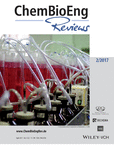Journal list menu
Export Citations
Download PDFs
Cover Picture
Masthead
Contents
Table of Contents: ChemBioEng Reviews 2/2017
- Pages: 73-74
- First Published: 21 April 2017
Reviews
Bioethylene Production from Ethanol: A Review and Techno-economical Evaluation
- Pages: 75-91
- First Published: 31 March 2017
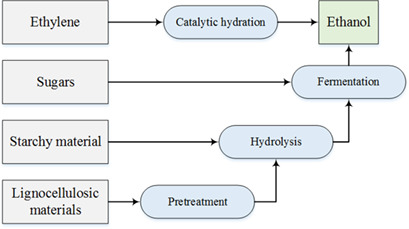
Bioethylene production from bioethanol is considered an alternative to the fossil-based route. Although processes for the use of 1st generation bioethanol already exist, 2nd generation bioethanol has so far not been covered. This review summarizes different production methods and analyses the effects of impurities in the ethanol as well as the storage tank capacities on the overall process costs.
Electrochemical Biosensors: Electrode Development, Materials, Design, and Fabrication
- Pages: 92-105
- First Published: 31 March 2017
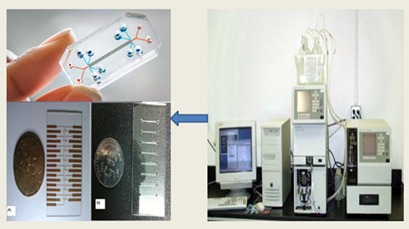
In electrochemical biosensors, the electrodes translate the occurring chemical reaction into a measurable signal. This work revises the design of electrodes and electrode chips, the types of electrodes available, the development history of electrode designs and their materials in microfluidics biosensors. It also presents the selection criteria for the materials and the types of fabrication.
Ionic Liquids in Space Technology – Current and Future Trends
- Pages: 106-119
- First Published: 31 March 2017
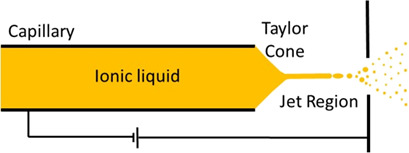
Ionic liquids (ILs) have gained increasing attention in a wide range of space-related applications due to their advantageous properties and the ability to design ILs with optimal physical and chemical properties for a given application. Here, an overview of ionic liquids and their properties in the context of space technology applications is given and the potential future trends are highlighted.
Quantitative Evaluation of Passive Scalar Flow Mixing – A Review of Recent Developments
- Pages: 120-140
- First Published: 31 March 2017
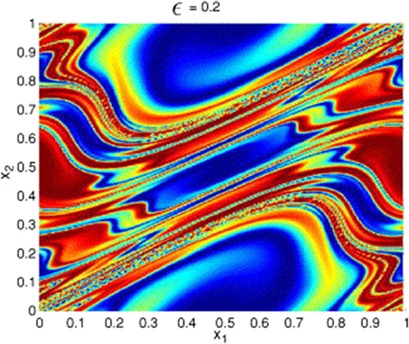
Quantitative evaluation of passive scalar flow mixing is of great importance for engineering and energy industries. Nevertheless, a general method to quantify the flow mixing in a complex flow system has not yet been developed. This review aims to provide a thorough comparison among different methods and stimulate the goal of pursuing a general method to evaluate passive scalar mixing.




